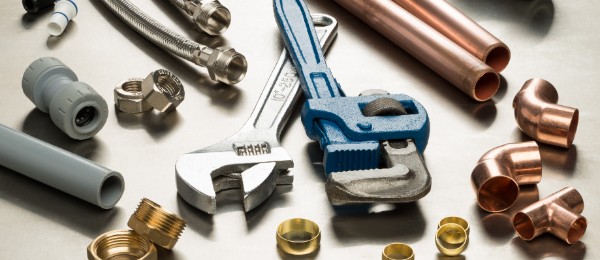
Introduction:
A proactive approach to home maintenance involves regular Plumbing System Inspection. This essential process ensures the longevity and efficiency of your plumbing infrastructure, preventing potential issues that could lead to water damage and costly repairs.
Importance of Regular Inspections:
Plumbing systems are a critical component of any home, responsible for delivering clean water and efficiently disposing of wastewater. Regular inspections help identify potential problems early on, allowing homeowners to address issues before they escalate into more significant and costly issues.
Checking for Leaks and Drips:
One of the primary focuses during a Plumbing System Inspection is checking for leaks and drips. Even small, seemingly insignificant leaks can waste a significant amount of water over time and contribute to water damage. Inspecting pipes, faucets, and fixtures for any signs of leaks is crucial.
Inspecting Water Pressure:
Water pressure plays a vital role in the functionality of your plumbing system. Both low and excessively high water pressure can cause problems. During an inspection, professionals evaluate water pressure and make adjustments if necessary to ensure optimal performance and prevent damage to pipes and appliances.
Examining Water Heater Functionality:
The water heater is a workhorse in any home, providing hot water for various tasks. During a Plumbing System Inspection, experts assess the water heater’s functionality, check for signs of corrosion, and ensure it is operating at peak efficiency. Regular maintenance can extend the life of the water heater.
Assessing Drainage Systems:
Efficient drainage is crucial to prevent water buildup and potential flooding. Plumbers inspect drains for clogs, blockages, or slow drainage. Additionally, they evaluate the condition of sewer lines to identify any potential issues that could lead to backups or sewage leaks.
Checking Pipe Integrity:
Over time, pipes may deteriorate, corrode, or develop cracks. A thorough Plumbing System Inspection involves checking the integrity of pipes, both visible and those hidden within walls or underground. Identifying compromised pipes early on can prevent water damage and the need for extensive repairs.
Inspecting Plumbing Fixtures:
All plumbing fixtures, including sinks, toilets, and showers, undergo scrutiny during an inspection. Professionals ensure proper functionality, check for leaks, and address any issues with flushing mechanisms or drainage. Maintaining fixtures in optimal condition contributes to overall water efficiency.
Assuring Water Quality:
Water quality is paramount for the health and safety of your household. Plumbers conduct tests to assess water quality, checking for impurities, contaminants, or irregularities. If issues are detected, appropriate measures can be taken to enhance water quality and safeguard your family.
Addressing Potential Code Violations:
During a Plumbing System Inspection, professionals also look for compliance with local building codes. Identifying and rectifying potential code violations is essential not only for your safety but also to avoid legal complications that may arise during home sales or renovations.
Conclusion:
Investing in regular Plumbing System Inspections is a proactive step toward maintaining a functional and efficient home. Detecting and addressing plumbing issues early can save homeowners from the headaches and expenses associated with water damage and extensive repairs. By prioritizing plumbing maintenance, you contribute to the longevity and sustainability of your home.
For more in-depth insights into Plumbing System Inspection, visit PlayAsSustentable.com.
